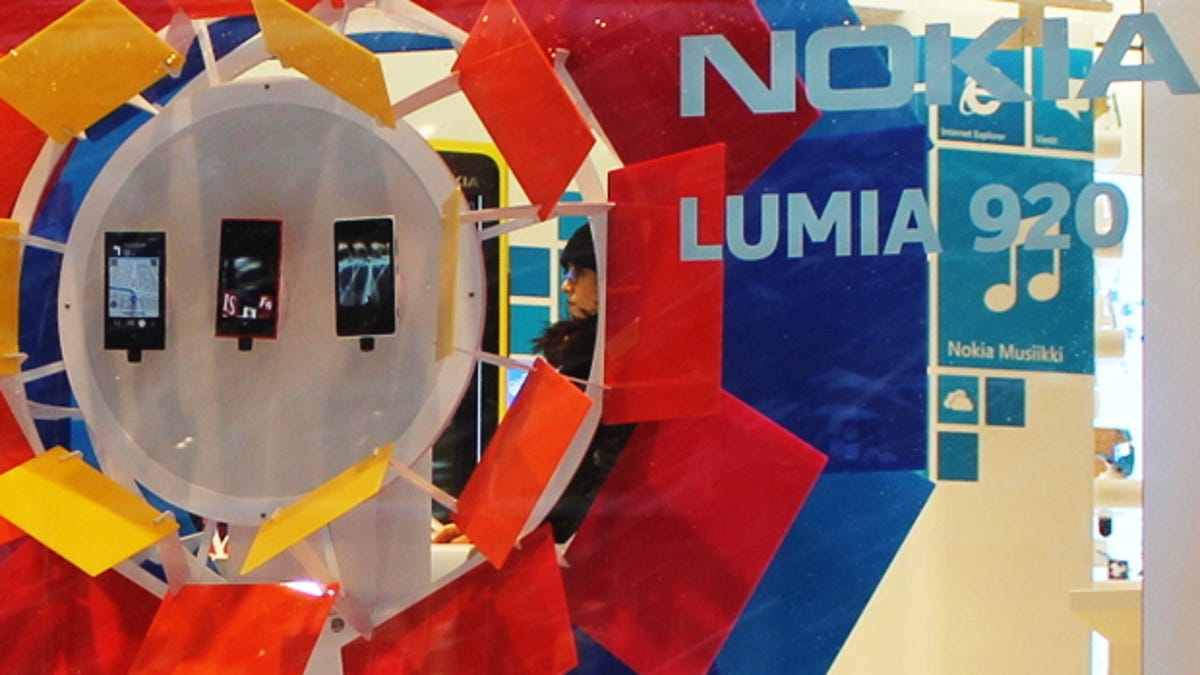Samsung displaces Nokia as overall cell phone king
Thanks to an erosion in Nokia's smartphone business, the company saw its 14-year reign end.

Samsung Electronics is the new leader in cell phones.
Already ahead of the pack in smartphones, Samsung extended its dominance over the entire worldwide handset industry by displacing longtime cell phone king Nokia, according to a study by IHS.
The role reversal illustrates how fast Samsung has risen, thanks largely to its Galaxy S smartphone franchise, and how far Nokia has fallen. Prior to this year, Nokia enjoyed a 14-year reign atop the cell phone market, though its past few years were propped up by its legacy Symbian platform.
Samsung controlled 29 percent of the overall cell phone market, and 28 percent of the smartphone market, according to IHS. In addition to the
On the smartphone side, Samsung and Apple were neck and neck throughout much of the year, but Samsung pulled ahead at the end. Apple had 20 percent of the smartphone market, and 10 percent of the overall market, which still includes many basic phones.
Nokia, meanwhile, saw its overall handset share fall to 24 percent, from 30 percent in 2011, driven by its shrinking presence in the smartphone arena. Nokia saw its smartphone share fall to 5 percent, from 16 percent last year, a stunning drop as the company works to replace its now defunct Symbian platform with products running on Microsoft's Windows Phone operating system.

